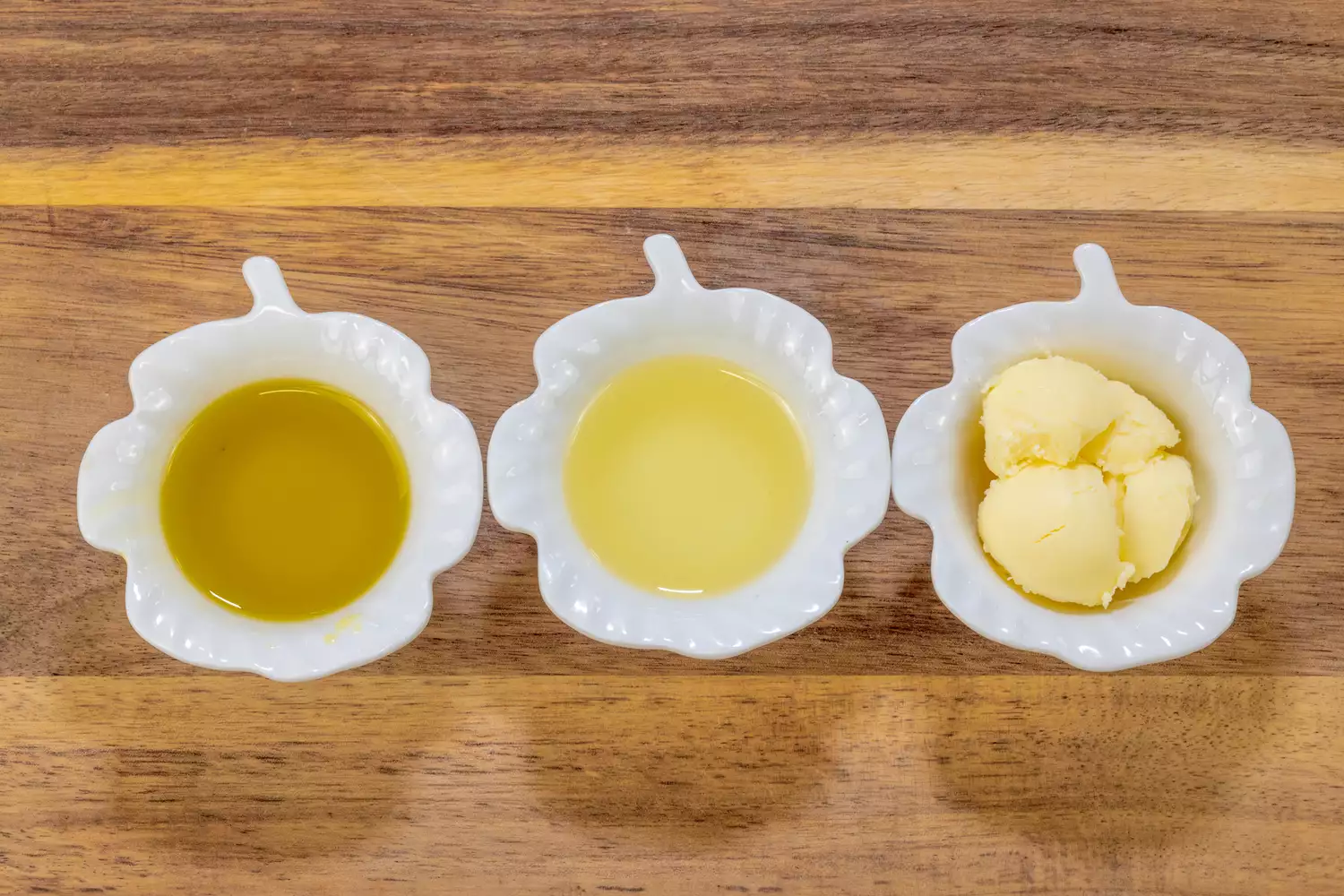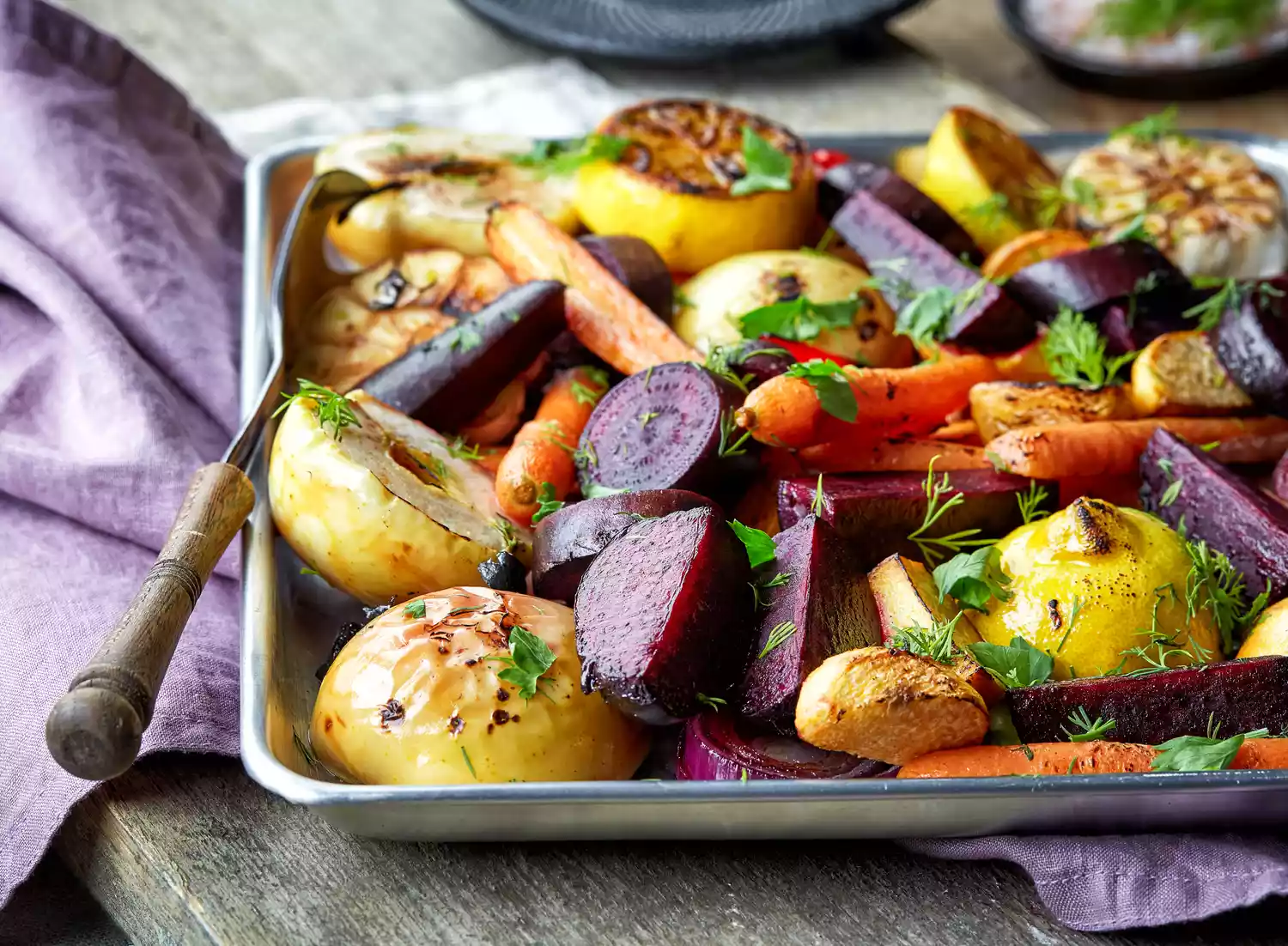There are numerous types of butter: dairy butter, plant-based butter, and nut butter. Butter is an animal item that is made by separating milk from cream and churning the cream until it forms a solid mass. Plant-based butter has a comparable consistency, but it’s made with vegetable oils instead of cream. Both are various from nut butter (such as almond butter or peanut butter), which is made by grinding nuts into a spreadable paste.
While dairy-based butter is typically used in cooking and baking for taste and as a leavening representative, it is not your only option. There are lots of nutritious– and scrumptious– replaces if you’re not a fan of cow’s milk butter.

Why Use an Alternative?
Butter is commonly made with cow’s milk. Individuals who are lactose intolerant or have food allergies to dairy items might opt for butter replacements.
Others might look for an alternative due to the nutrition facts of butter, considering it is a concentrated source of calories, fat, saturated fat, and cholesterol.
People who follow a vegan or strictly plant-based diet may likewise look for healthy alternatives to butter.
Popular Substitutes
The very best alternative to butter depend on how you prepare to use it. If you’re looking for a butter substitute for baking, this will differ from the proper option when using a butter alternative to cooking. You may need several butter substitutes to meet all of your requirements.
Olive Oil
Butter is frequently considered a replacement for olive oil, so the 2 are interchangeable in some cooking scenarios. Considering that olive oil is a liquid and butter is a strong, swapping the 2 is not a best science. You might need to use a smaller quantity of olive oil in location of butter when cooking or baking.
Nutritionally, olive oil might be a much healthier alternative than butter because it is rich in vitamins, polyphenols, and monounsaturated fat. It is a staple in the Mediterranean diet because it is associated with high antioxidant material and anticancer residential or commercial properties.1.
Coconut Oil.
Coconut oil strengthens at chillier temperature levels, so it can frequently be used 1:1 in place of butter. Conveniently, it can be utilized as a replacement for butter in both cooking and baking. When cooking, go with refined coconut oil given that it has a greater cigarette smoking point. Unrefined coconut is likely the better option for baking.
Individuals who are attempting to drop weight may choose to substitute coconut oil for butter due to the fact that of its result on metabolic process. Coconut oil contains short- and medium-chain fats, which might increase metabolism and energy levels.2.
However, coconut oil may slightly modify the taste of your food because it can have a strong, coconut-flavored taste.
Ghee.
Ghee is a kind of clarified butter utilized in Indian cooking. It has also been utilized for countless years in ayurvedic medication.
It is a type of butter, it is thought about a more healthy type of butter due to the way it is made. The clarifying process gets rid of milk solids, so it consists of less lactose or casein than regular butter. Some individuals with lactose intolerance or milk allergy may be able to safely consume ghee without unfavorable responses.
Ghee can be utilized to replace butter at a 1:1 ratio. It’s best used as a butter alternative when making baked items like bread.
Plant-Based Butter.
There is dispute whether vegan butter or butter made with dairy products is a more healthy choice. There are pros and cons to both, and the very best alternative depends upon your special requirements.
Vegan butter is usually made with veggie oils, so they are a terrific source of monounsaturated fats. Veggie oils rich in monounsaturated fats, such as olive oil and canola oil, have been shown to reduce the risk of cardiovascular disease.3.
If you are allergic to cow’s milk, you can’t take in dairy-based butter for health factors, or you follow a plant-based diet, vegan butter might be an appropriate alternative to you.
Plant-based butter may be greatly processed, contain high amounts of omega-6 fatty acids, or include other allergens like soy or nuts.
Other Substitutes.
When it comes to replacements for butter, there are a lot of nutritious swaps that you can make. It may take a little exploring to get the best consistency– unless the recipe supplies a specified amount of butter replacement– however there are plenty of conversions and dishes readily available.
Unsweetened applesauce: You may have stumbled upon non-dairy recipes for muffins, cakes, and other baked goods that call for unsweetened applesauce in location of butter. Not just is this a dairy-free alternative, it’s likewise lower in fat and calories. Plus, applesauce includes natural sweet taste to the dish, so you can use less sugar.
Nut butters: Since they’re high in fat and calories, nut butters ought to be utilized in little amounts when replacing butter in baking recipes. It’s crucial to keep in mind that nuts are filled with healthy fats and protein, as well as a variety of key nutrients like vitamin E. Nut butter may be a healthy replacement for individuals with dairy allergic reactions or individuals following a high-fat diet plan.
Avocados: Avocado oil and mashed avocados can both be utilized as butter replaces in cooking and baking, respectively. You can also spread mashed avocado on bread like you would with butter. While avocado is still a healthy source of fat, it likewise includes other nutrients like fiber and vitamins.
Hummus: Spreadable like butter, hummus is a healthy alternative to including taste and healthy fat to breads. While ideal for contributing to sandwiches, this isn’t an ideal replacement when baking or cooking.
Mashed bananas: Mashed bananas aren’t just for banana bread. Like applesauce, mashed bananas include a sweet taste and wet component to baking with less calories and grams of fat. This is a popular butter alternative in low-fat and vegan recipes.
Greek yogurt: People who can take in dairy items but desire a source of healthy fat and protein must consider swapping butter for Greek yogurt when baking. This includes a tasty taste, but it’s handy for keeping baked products moist.
Pumpkin purée: Similar to mashed bananas and avocados, puréed pumpkin is a nutrient-dense substitute for butter in baking. You will require less pumpkin in location of butter, and you might need to bake for longer considering that it is a moisture-rich replacement.



